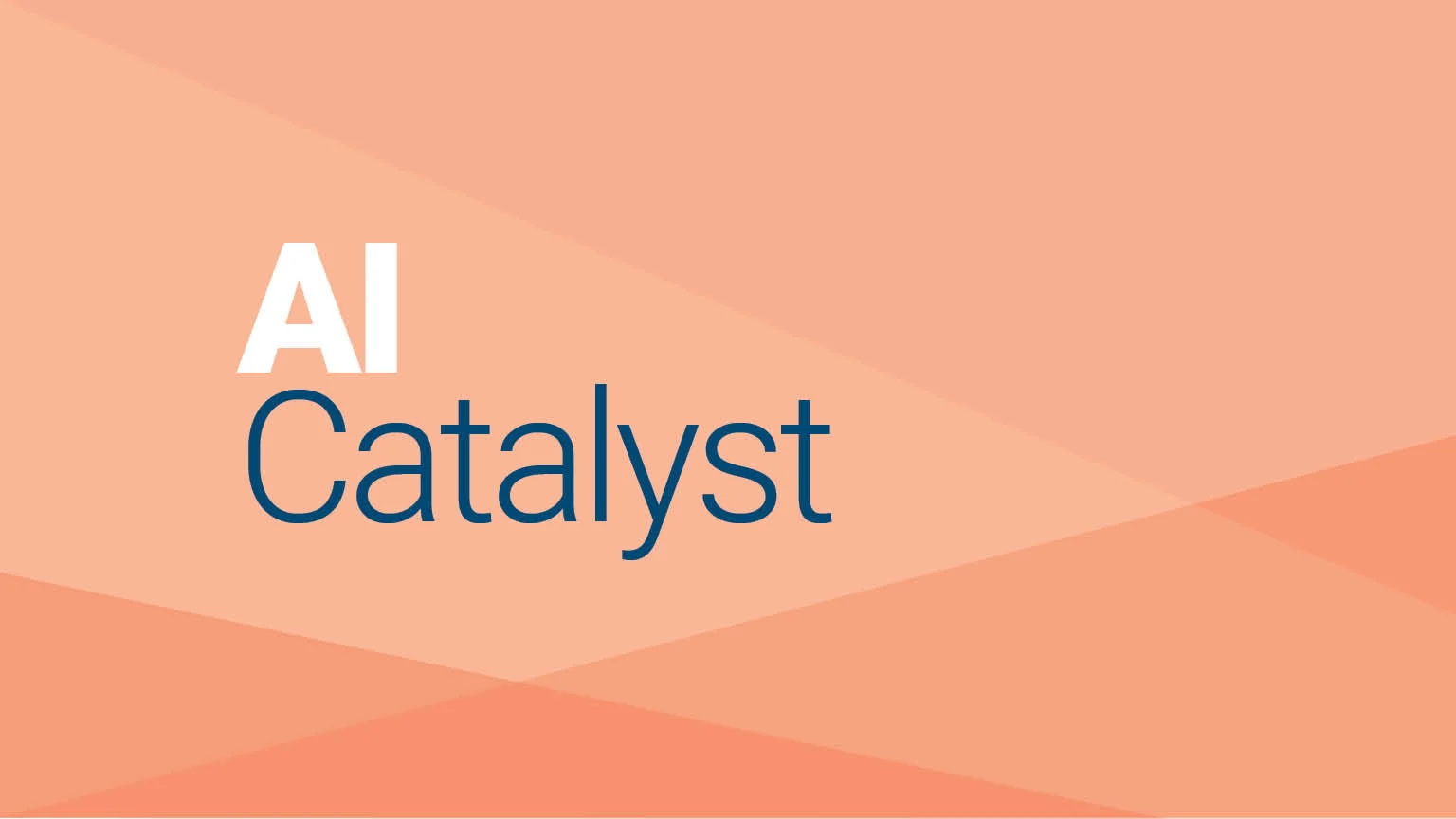2023: AI breaks into the mainstream
“I was taking AI courses as part of my computer science major in college…35 years ago. It isn’t new. But this interest in it sure is.” – Leading Health
System CIO In more than one way, that statement sums up the story of artificial intelligence (AI) in 2023. A technology that was comparatively retro shot into the mainstream and dominated strategic conversations across industries, including healthcare. At The Health Management Academy, not one of our executive Forums was immune: what was previously a CIO/CMIO/CNIO topic burst onto every CXO’s agenda. From Laguna Beach to Big Sky to Nashville, AI cropped up time and again as healthcare leaders hurried to understand how to govern, apply, and risk-manage this rapidly evolving capability.
2023 was AI’s breakout year, and to continue the pop-star analogy, generative AI was the breakout album. When OpenAI, the AI research organization, launched ChatGPT on Nov. 30, 2022, it heralded a new era for popular understanding of AI. The idea that AI could write human-sounding answers to any question, synthesize data and writing into long-form reports, and produce stunning images broadened our belief in what could possibly be achieved with AI adoption. Yet even as 2023 was generative AI’s year for attention, investment, and innovation, concerns about its accuracy, its risks, and the potential plateauing of an investment hype cycle still linger.
In this special year-end issue of the AI Catalyst Pulse, you’ll find:
Five trends about the narrative of AI in 2023 and its impact within the healthcare space
Four key lessons we learned about AI in healthcare in 2023—and how you can apply them in 2024
A look ahead to AI Catalyst events in the first quarter of 2024
